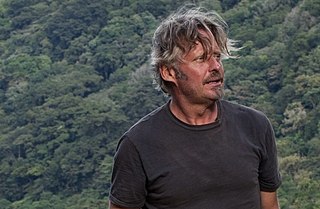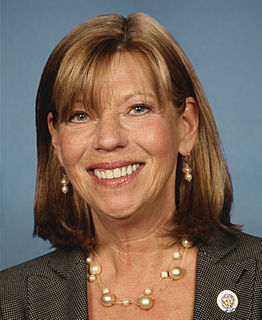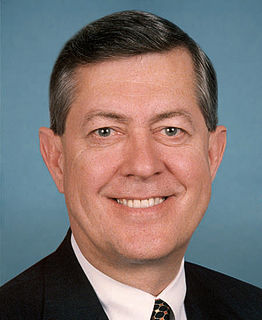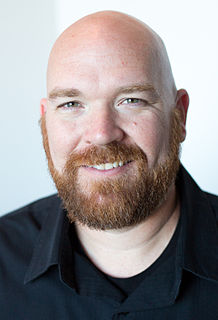A Quote by Omar al-Bashir
In Sudan, we have been targeted by western countries because we have rejected their hegemony on Sudan and turned their companies away that were only interested in oil.
Related Quotes
I try not to cover Sudan from afar. I feel really uncomfortable writing about Sudan when I'm not there. It always looks different. When you're outside Sudan it's easy to lose sight of how much of what happens is driven by local politics. And when you're in America in particular, there's this sense that what D.C. has to say is the only thing that counts. Unsurprisingly people in Sudan don't feel the same way.
There's a huge misconception that it's all about the oil, and the truth is there's actually not much oil left in Abyei. The misperception arose because when the peace agreement was signed in 2005, Abyei accounted for a quarter of Sudan's oil production. Since then, the Permanent Court of Arbitration in The Hague defined major oil fields to lie outside Abyei. They're in the north now, not even up for grabs, and they account for one percent of the oil in Sudan. The idea that it's "oil-rich Abyei" is out of date.
I feel really uncomfortable writing about Sudan when I'm not there. It always looks different. When you're outside Sudan it's easy to lose sight of how much of what happens is driven by local politics. And when you're in America in particular, there's this sense that what D.C. has to say is the only thing that counts.
For sure I see so much in Sudan that is wonderful, normal life - young entrepreneurs starting up NGO projects, kids mucking around and being kids. Everything else that happens in normal life in any part of the world, and we never get that in our media coverage. We only talk about Sudan once it's in crisis, so we end up with a distorted sense of what daily life is like for a lot of people.





























